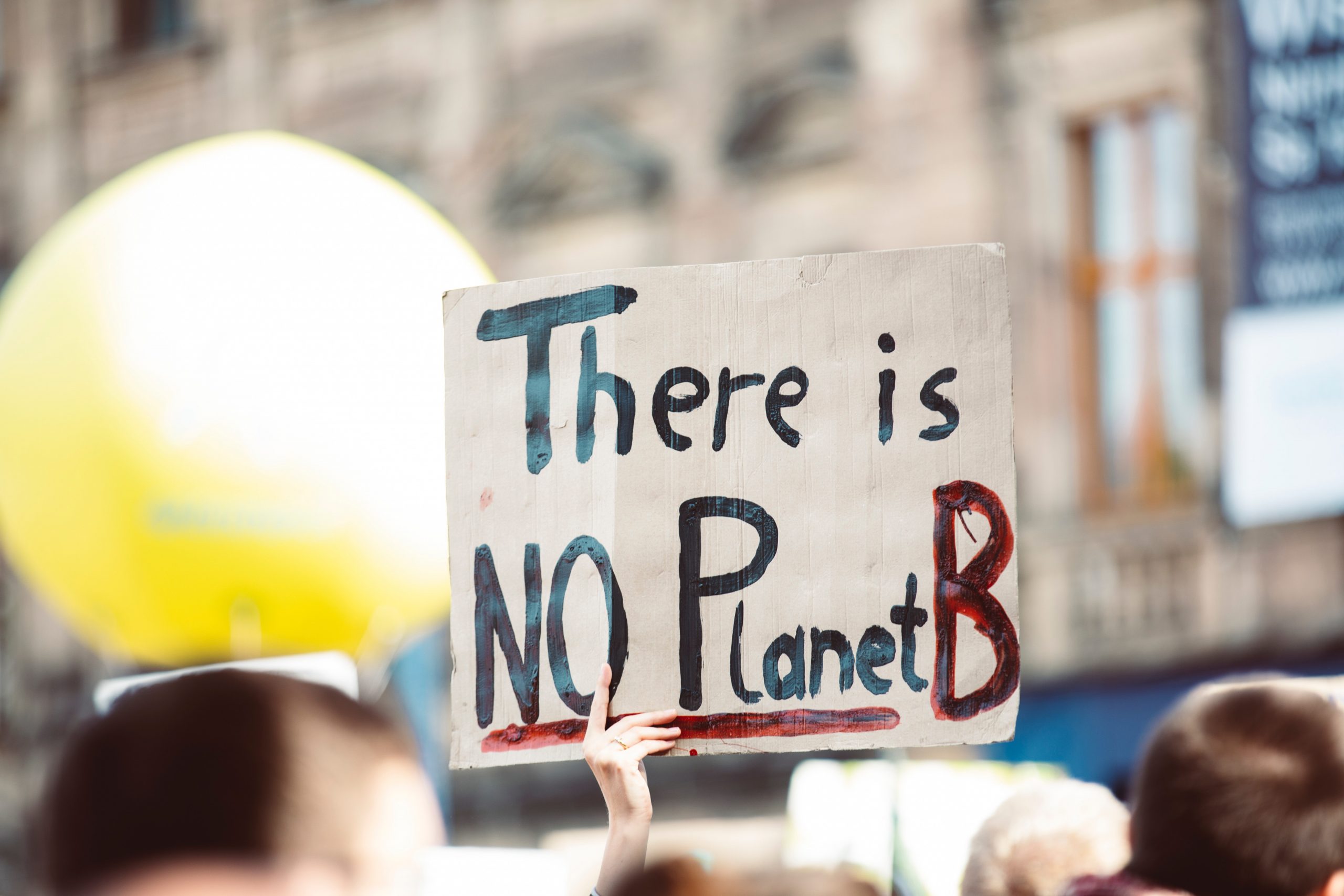La crisi climatica è un esempio della debolezza dello Stato nel ventunesimo secolo? Forse i regimi autoritari possono risolvere le crisi meglio delle democrazie?
In preparazione all’ultimo incontro del ciclo OK Europe | Quattro strade per una cittadinanza europea, proponiamo qui di seguito un contributo di Wolfgang Merkel, Centro di ricerca di Scienze sociali di Berlino, in cui racconta l’evoluzione delle funzioni del moderno stato democratico in cinque tesi.
The functions of the modern state have evolved over centuries in history and philosophy. How well the (democratic) state fulfils and can fulfil these functions is to be shown in five theses:
1. The modern state in Europe can be thought of metaphorically as a building that has been built floor by floor over centuries.
The floors are:
- First floor, Domestic Security: Avoiding the “bellum omnium ad omnes” (Hobbes)
- Second floor, Securing individual rights and establishing rule of law (Locke)
- Third floor, Democracy – guaranteeing the right to vote (Mill)
- Fourth floor, Social Welfare – Universalizing social welfare (Beveridge)
- Fifth floor, Ecological State – Protecting environment & Climate (Club of Rome)
Today, the first three floors are hardly disputed normatively, but they are by no means solidly built in all OECD and not even EU states. Floors 4 and 5, on the other hand, are already normatively controversial in terms of their size and form and are only partially built or have already been partially dismantled.
“The” state (singular) does not exist in reality, not even in Europe. Rather, there is a variety of states that differ in the fulfilment of basic functions. Floor 2, 3 and 4 need to be renovated in quite a few countries before they even start to built the top floor.
2. The state is an under-complex theoretical concept for the real complexity of the 21st century.
While the state is the central actor in a society, it has other powerful actors alongside or against it in the economy, politics and society, internally and externally. To understand the complexity of governance in the 21st century, the concept of political system, which brings society, state and politics into a structural and functional context, is more appropriate.
The context is: Input – Throughput – Output and feedback from the output/ outcome to input.
The input is provided by the citizens with their demands and supports. These are translated into binding decisions by state institutions such as parliament and government. The administration implements, the judiciary verifies (throughput). The results are outputs (e.g. laws and regulations) and outcomes (results). The democratic legitimacy of a political system has to be fed by all three basic functions.
3. The state, or the political system, can only fulfil its functions insufficiently in the 21st century.
First of all, we have to say goodbye to the under-complex idea that the democratic political system or even the state is superior to all other social partial systems (Luhmann) and can control society hierarchically through law and money. Internal veto players, external powers and treaties as well as diverging interests and values among citizens prevent governments from ruling through. Governing through is particularly difficult in turbulent times of crisis. There, the restrictions on action by the state or, more narrowly, by the government can be demonstrated particularly clearly.
4. The climate crisis is an example of the weakness of the state in the 21st century.
Democratic politics must take pluralistic interests and values of society into account. Reducing greenhouse gas emissions has implications for economic growth, labor markets, income, health. Political decisions always affect multiple goals and spheres. They still produce winners (educated, IT workers, research workers, etc.) and losers (uneducated, blue collar workers, coal and steel workers, etc.). In society, one part sees the solution of the climate crisis as the most important political problem, to which all other political issues should be subordinated. Others see economic, occupational and social problems as more important. Inclusive democratic politics must take into account all interests as far as possible.
Social movements, interest groups, political parties, second chambers of parliament or courts have their own interests and norms and thus often act as effective veto players against the government. In Germany, social movements like FFF or parties like the Greens push the government to fight global warming more intensively, while trade unions, industry associations and right-wing parties put the brakes on.
Last but not least: the climate crisis is not a national but a global problem. Even if Germany were to fulfil all the commitments of the Paris Agreement in one year, it would not change the crisis at all. The global crisis needs a global response (club) to which the major powers and carbon emitters China, the USA, India, Brazil and Russia in particular must agree. This difficult collective action problem remains to be unresolved.
5. The pandemic crisis has once again raised the systemic question.
Can authoritarian regimes solve crises better than democracies?
In the pandemic question, the competition is still open. On the climate issue, authoritarian regimes perform significantly worse than democracies, and majoritarian-presidential democracies worse than consensual parliamentary regimes. It is still true that the democratic feed-back mechanism from citizens to government and state makes them more responsive and responsible. Compromise-minded consensus democracies govern “more gently and effectively” in calm and turbulent times.










